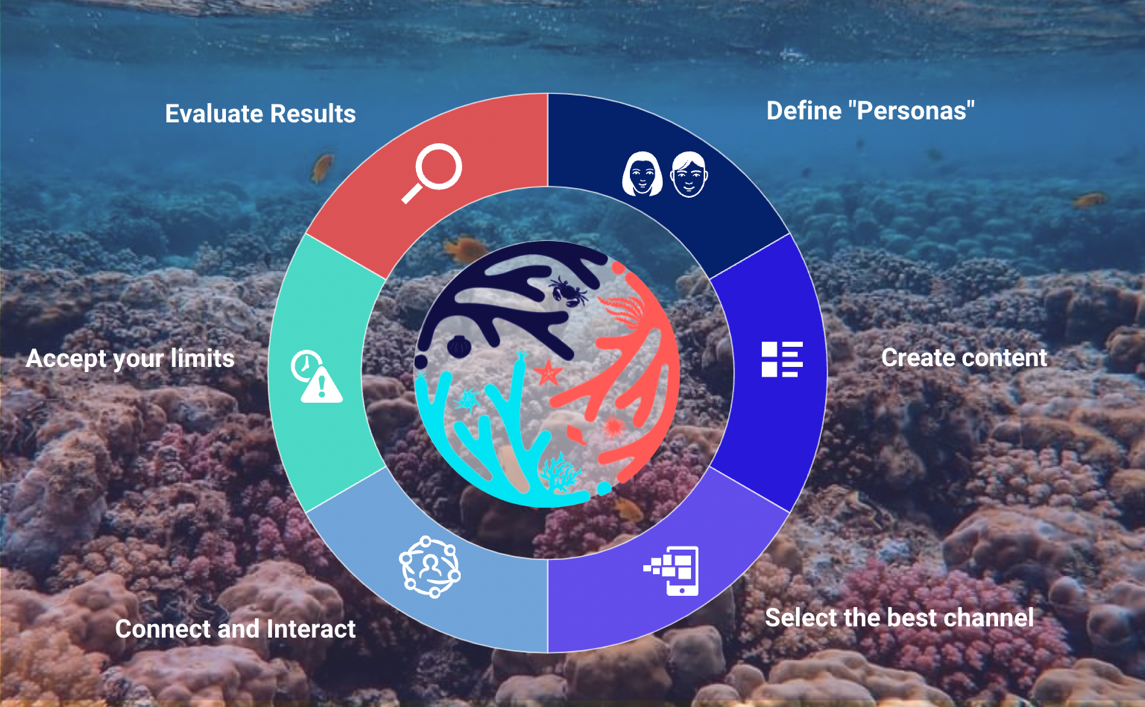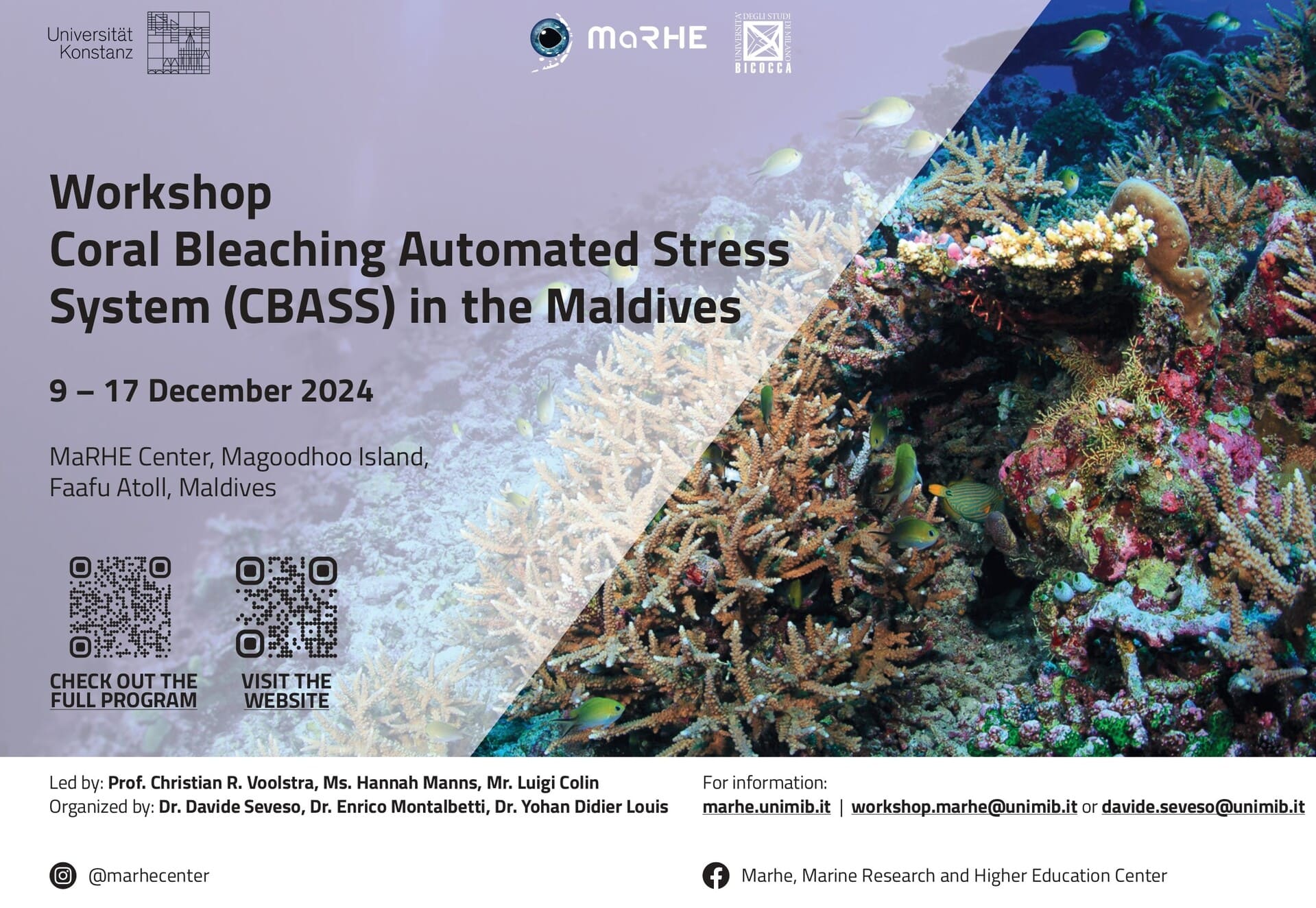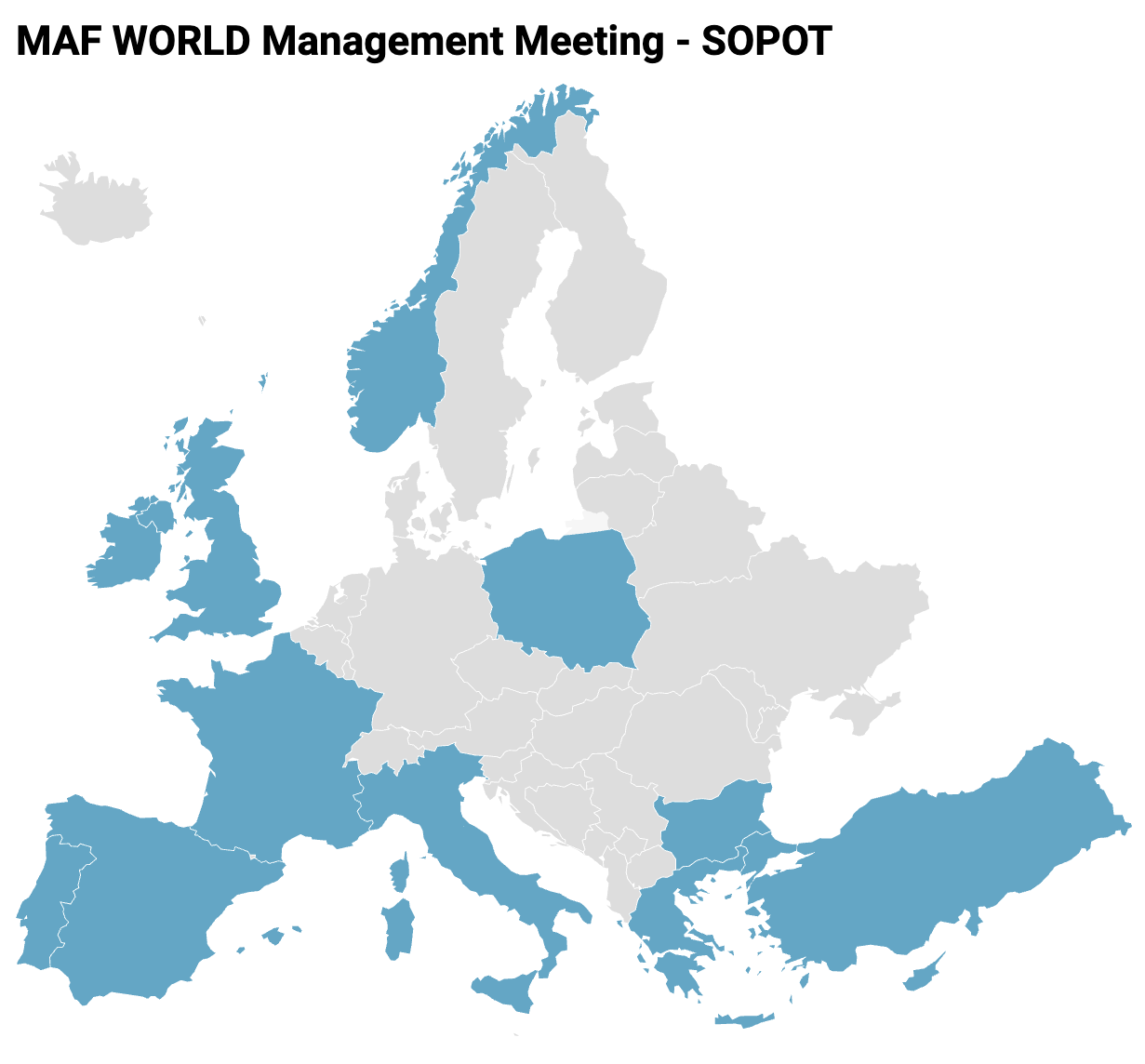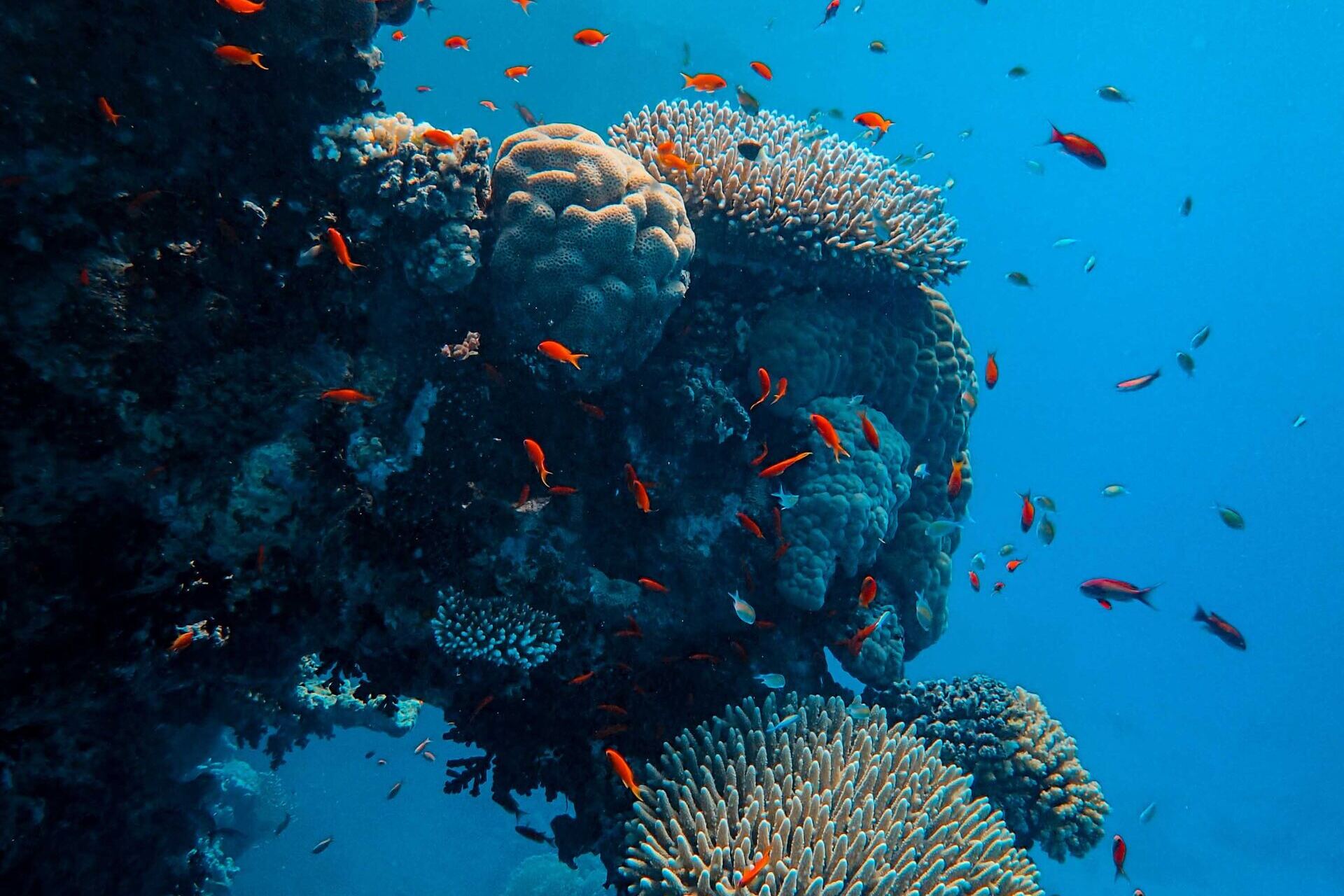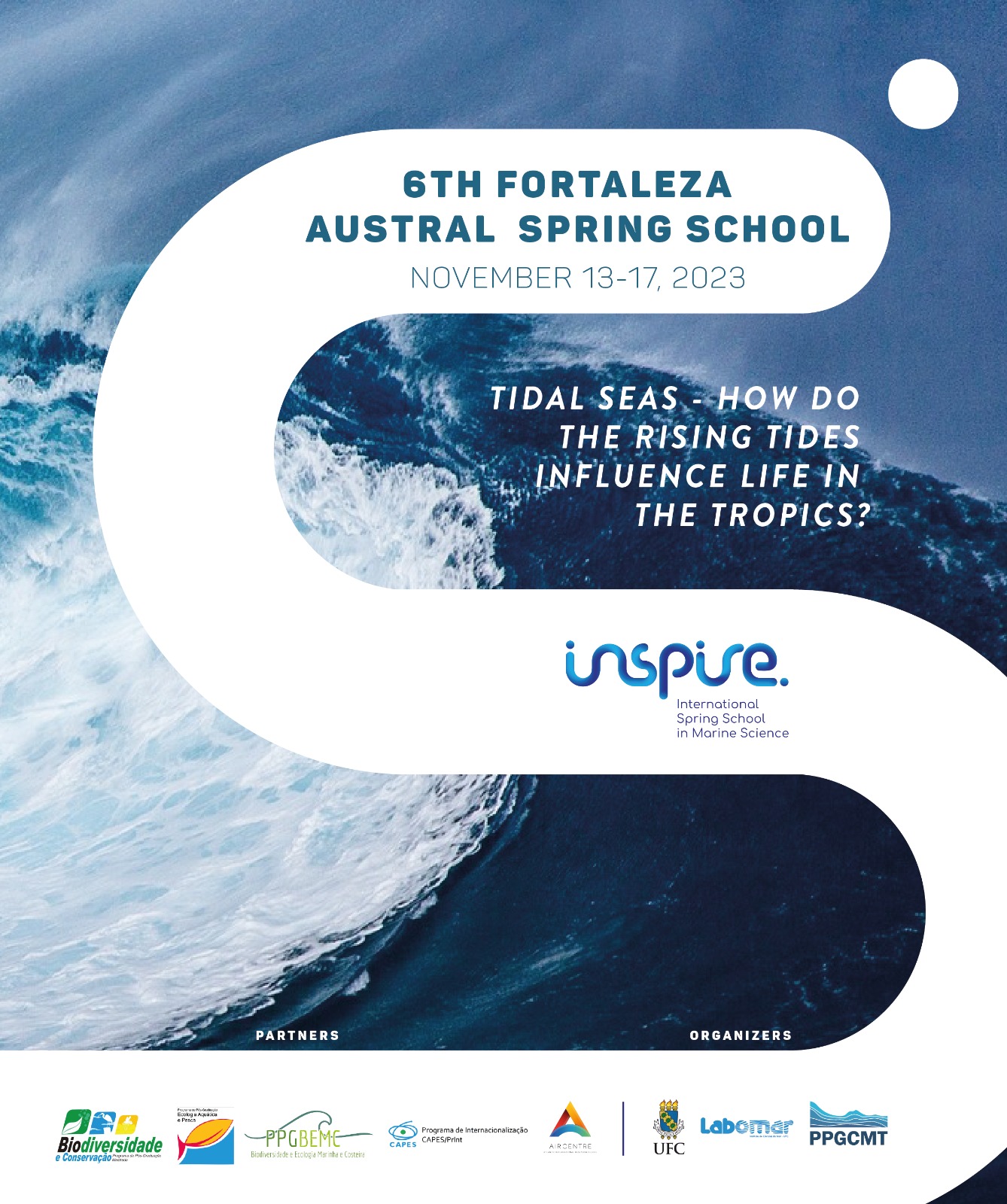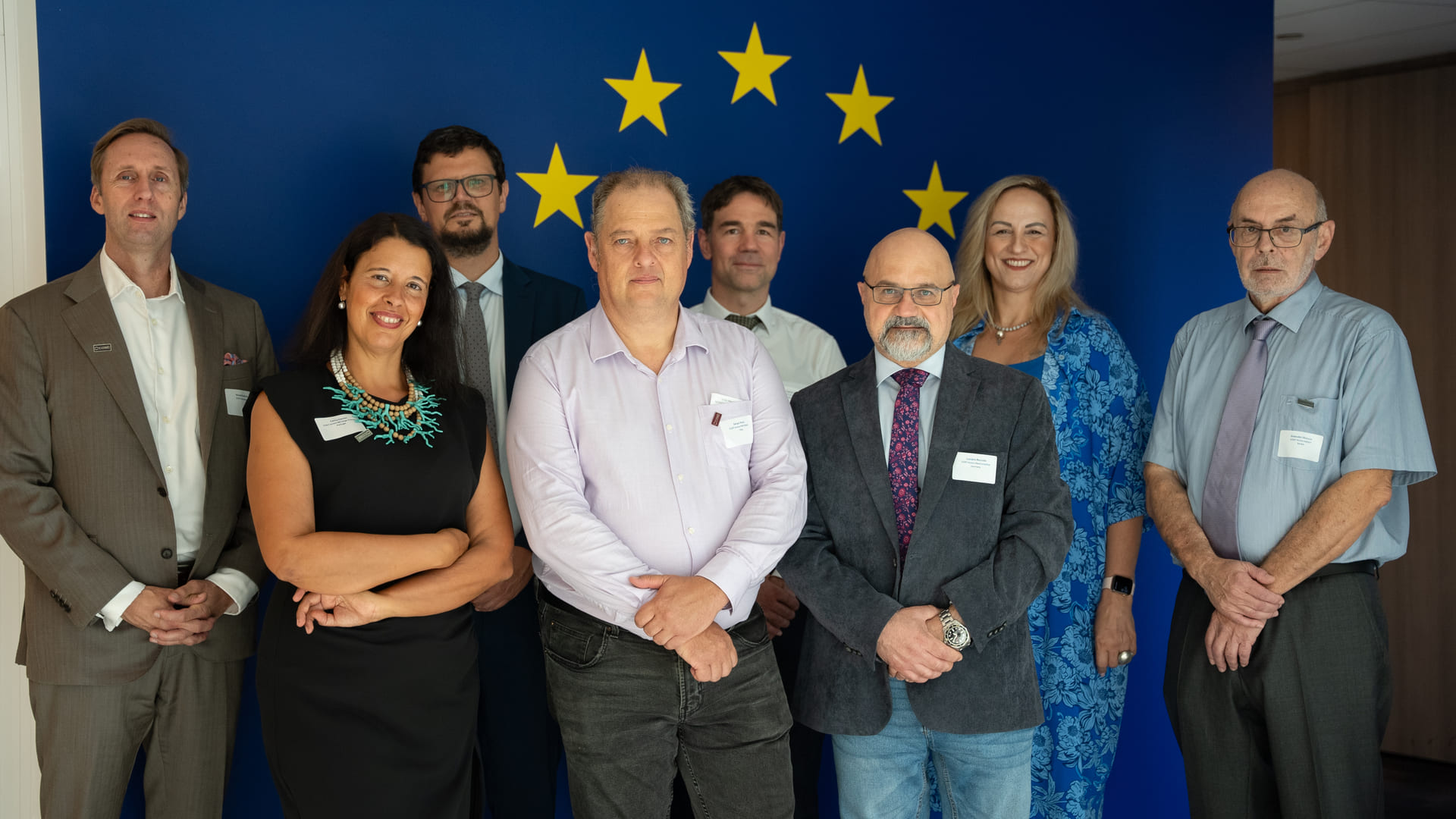The great commitment to science communication in the new era of the European Research framework Horizon Europe is unquestionable. Science communication is becoming more and more relevant as a key element for building bridges from science research into public interests and concerns, but also, it has been proven thatinvestigators have noticed a career enhancement coming frommore visibility of their research, an increase in networking opportunities and how to not mention it: additional funding for research.
The change in communication has been radical in recent decades. It has mutatedfrom being linear, unidirectional, and static, to be multidimensional and multidirectional, moving at extreme speed. Considering this new scenario, the COST Association through the COST Academy, organisedthe first presential training workshop in Brussels after the COVID constraints, to all science communication coordinators, in which I had the opportunity to participate through our Action CA20102 Marine Animal Forest of the World.
During this experience we had the opportunity to put faces to the names talk about our main concerns and learn so many new things about social media communication within the framework of the COST Actions.
After the meeting and coming back home, organizing ideas, and trying to do this brief article, I keep two valuable moments and contents from the training, that I really want to share with all of you.
The first one, comes along with a powerful statement, that concerns us all, and came from Dr Ronald de Bruin, director of the COST Association that I really want to remark, because is one of the most important reasons we are together in this incredible network
“Your success is our success”
These have become really meaning words to me and to the role I develop in this network. Yes, we are just starting, but we have so much work to do. The success of one, became our success, so we need to share, interact, connect and most of all collaborate among us from all instances, this is a win-win relationship, isn’t that great?
The second part is about the process of communication (a more technical one but also very important), in which Dr. Michael Roitherdid an incredible training. I want tohighlight some important issues that we should remember when communicating high level research and social media: structure is different, but the objective is the same, we want to get the message across.
I wanted to summarize the process in a 7 tips list, to help us deliver the message:
- General public Communication works opposite to academic communication. General Public wants relevance first, the answer to why the research is important for them to have visibility and impact of what we are writing.
- Focus on relevant target groups, create, identify, and define “Personas” to target your audience according to your communication objectives. No more “general Public” as a segmented public to communicate.
- Create relevant content to make difference and be visible, but this needs time!
- Use relevant social media and set priorities. For a good strategy is better to focus the efforts into channels that you can manage and are used by your audience.
- Get connected and interact, from passive to active position.
- Accept the limits of your communication actions.
- Analyse your impact, is the best way to improve and not make the same mistakes over and over.
